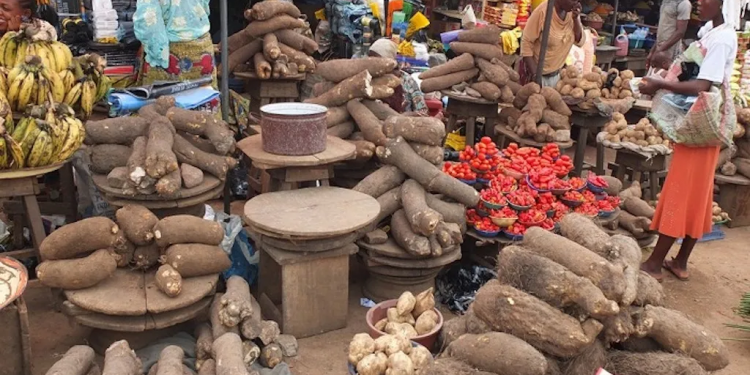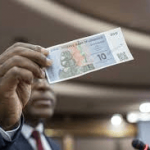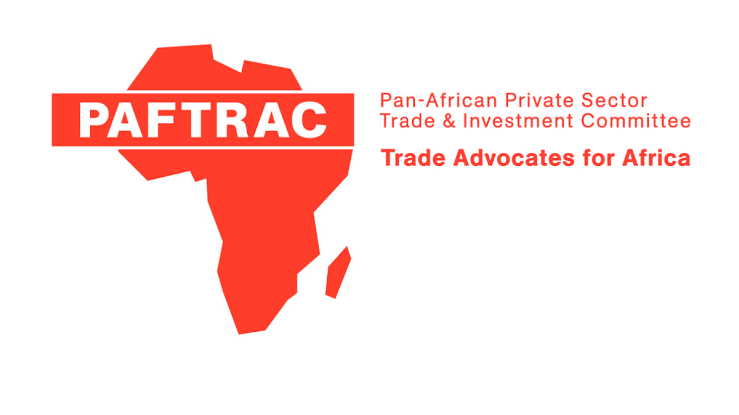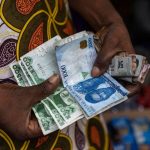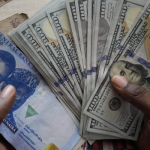Nigerians are expected to spend 54.9% of their income on food over the next six months, according to a recent report by the Central Bank of Nigeria (CBN). This comes as the naira continues to struggle, hitting N1,639 per US dollar due to a severe shortage of foreign exchange. Earlier in the year, the naira had shown some signs of recovery, but it has since become the world’s second-worst performing currency after the Lebanese pound.
Despite the grim outlook, there is some optimism among respondents that the CBN’s monetary policies could lead to a recovery of the naira by early 2025. However, concerns remain high as inflation, borrowing rates, and unemployment are expected to keep rising due to ongoing macroeconomic challenges.
The survey highlighted that 80.9% of respondents believe the economy will deteriorate further if prices continue to climb at the current pace, while only 3.2% think the economy will strengthen.
Businesses pointed to several key factors driving inflation, with rising energy costs leading the way. Energy costs increased from 90.6 points in June to 91.8 points in July, marking it as the top contributor to inflation. The high exchange rate also continued to exert pressure, increasing slightly from 88.3 points in June to 88.8 in July. Additionally, transportation costs, which stood at 88.5%, were identified as the third major factor driving inflation during this period.
The CBN report paints a challenging picture for the Nigerian economy, with the impact of inflation likely to be felt most by consumers as they allocate a larger portion of their income to basic necessities like food.


